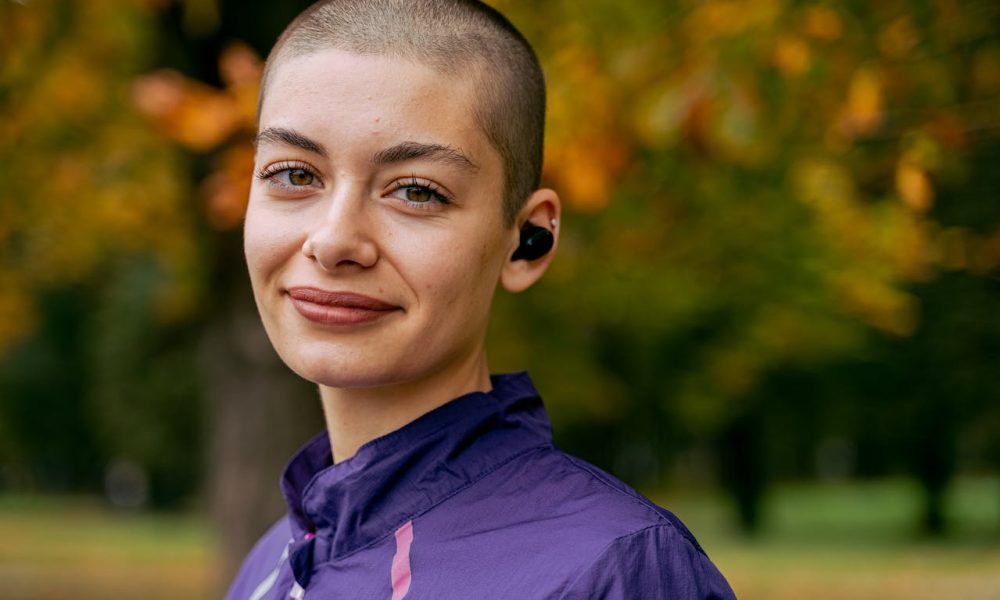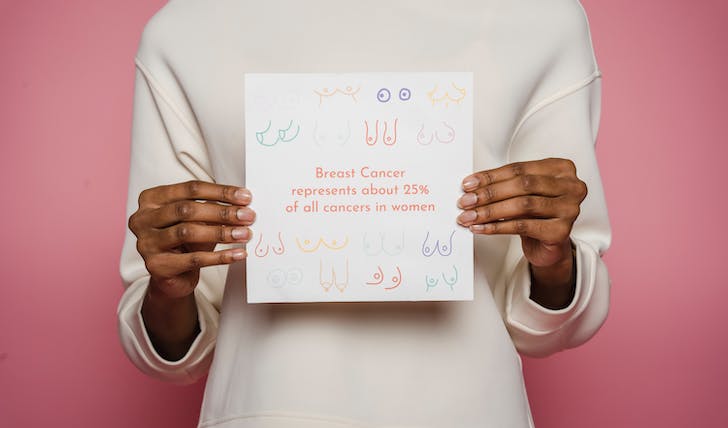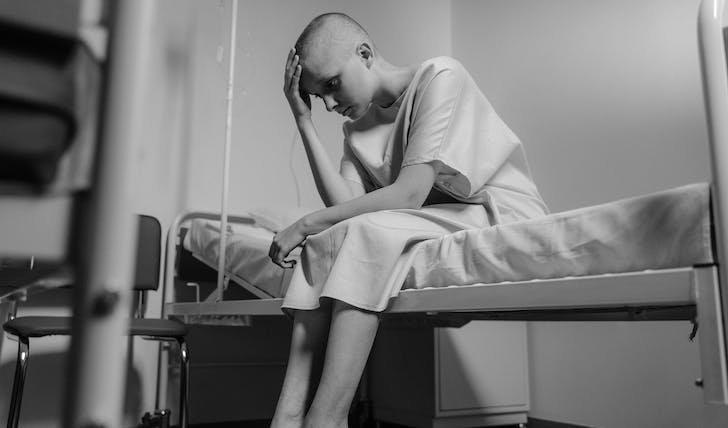
Tackling Cancer Care Disparities for African Americans

In the journey of combating cancer, one of the most glaring yet often overlooked issues is the significant disparity in cancer care and outcomes among African Americans. Despite advancements in medical science, the reality remains stark: When it comes to cancer, not everyone is on an equal playing field.
What Do Stats Say About Cancer Disparities in the U.S.?
The impact of cancer on people of color is disproportionately severe. Key statistics paint a troubling picture:
- African-American men have a 2 to 4 times higher mortality rate from prostate cancer compared to other groups.
- African-American women are 40% more likely to die from breast cancer than their white counterparts.

Ivan / Pexels / According to reports, African-American women are 40% more likely to die from breast cancer.
So, these figures are more than numbers. They are a reflection of systemic issues that demand immediate attention.
The Root Causes of Cancer Disparities
The cancer care gap for African Americans is not a result of a single issue but a complex interplay of factors such as:
- Socioeconomic Challenges: Limited access to health insurance and healthcare facilities disproportionately affects African-American communities.
- Medical Bias and Mistrust: Historical injustices in healthcare have led to deep-seated mistrust among many African Americans, while unconscious biases among healthcare providers can lead to disparities in treatment and care.
Across the country, concerted efforts are underway to address these disparities, including the following:
- Community Outreach Programs: These aim to educate and facilitate access to cancer screenings and early detection methods.
- Policy Advocacy: Advocates are pushing for policies that ensure equitable access to healthcare and cancer treatments for African Americans.
- Inclusive Research Initiatives: Increasing the representation of African Americans in clinical trials to ensure treatments are effective for all.

Klaus / Pexels / African Americans are often underrepresented in cancer research. This leads to a lack of data and potentially less effective treatments for this group.
So, early detection is a key weapon in the fight against cancer. Efforts to improve this include:
- Community-based screening programs.
- Education campaigns emphasize the importance of regular check-ups and screenings.
Advancing Treatment: Equity in Modern Cancer Care
Ensuring that African Americans have access to the latest cancer treatments is vital. This includes personalized medicine approaches considering genetic and environmental factors. Plus, enhanced access to cutting-edge therapies and clinical trials.
Advocacy in Action: Voices for Equity
Advocates and community leaders are essential in this battle. They play roles in:
- Raising awareness about cancer disparities.
- Lobbying for systemic changes in healthcare policies.

Tima / Pexels / By raising voices and educating African Americans, you can play your part in addressing cancer disparities in the U.S.
Empowering African-American patients and their families is crucial. This involves:
- Providing resources and education on navigating the healthcare system.
- Offering support through patient navigator programs and community support groups.
Parting Thoughts
The fight against cancer in African-American communities is a collective effort. It calls for the unity of healthcare professionals, researchers, policymakers, and the community. Together, a future where cancer care is equitable and accessible to all is not just a possibility but a reality we must strive to achieve.
So, this united front is not just fighting a disease–it is championing the cause of justice and equality in healthcare.
More in Health
-
`
Why ‘Lüften’ Is the Perfect German Way of Staying Healthy This Winter
‘Lüften’ is the perfect German way of staying healthy during the winter – and it is easier than you think. It...
February 11, 2025 -
`
What Do We Know About Celestial Park at Universal Epic Universe So Far?
Get ready for an adventure that is truly out of this world. Opening May 22, 2025, Celestial Park will be the...
February 4, 2025 -
`
5 Songs That Redefine David Lynch’s Musical Legacy (1946 – 2025)
David Lynch, the legendary filmmaker, musician, and creative visionary, left an indelible mark not only on cinema but also on music....
January 28, 2025 -
`
Family Room vs. Living Room: Key Differences & Designing Tips
If you have ever wondered about the differences between a family room vs. living room, you are not alone. Although these...
January 21, 2025 -
`
How to Make Your Disney Family Trip Joyous & Unforgettable
Planning a family Disney trip can feel both exciting and overwhelming. With so much magic waiting around every corner, it is...
January 14, 2025 -
`
Taylor Swift and Travis Kelce Enjoy Rainy Date Night in NYC
Taylor Swift dates have always sparked interest. However, the star singer’s recent outing with Travis Kelce in rainy New York City...
January 7, 2025 -
`
2025 Interior Design Trends That Define the Homebody Era
As 2025 unfolds, homeowners are shifting their focus inward, finding comfort in staying put and enhancing their living spaces. With mortgage...
January 1, 2025 -
`
The Link Between Nerve Cells and Schizophrenia Explained
Schizophrenia, a complex mental health disorder, has long been treated symptomatically due to limited knowledge of its root causes. Recent research...
December 25, 2024 -
`
What Creates a Joyful Reading Experience for Children? Parenting Tips
Reading is more than a skill—it’s a gateway to imagination, knowledge, and personal growth. For children, discovering the joy of reading...
December 18, 2024















You must be logged in to post a comment Login